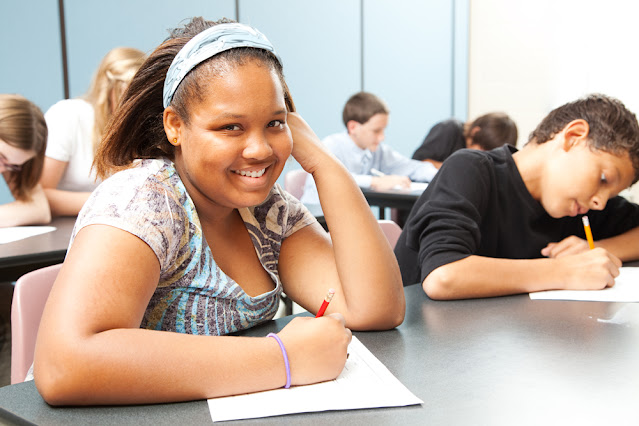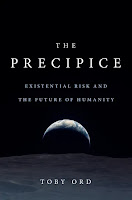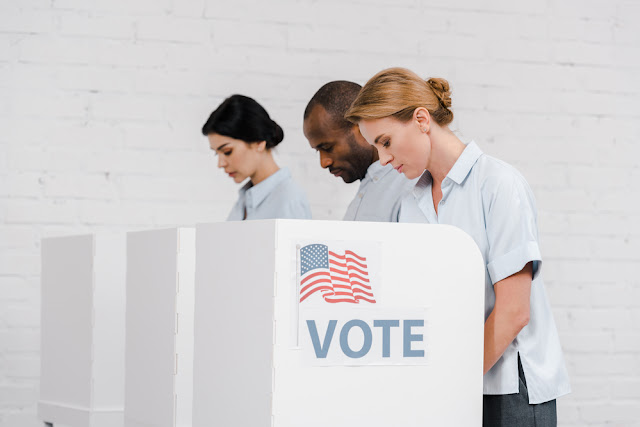Self-distancing helps you reflect on stressful past and future events

As humans, we don't just think about what is happening in our lives here and now. We also have the ability to think about the past and the future. How we think about the events in our life has a lot like how we feel. Research has shown that self-distancing can help reflect on past negative events in our lives. Recent research looked at the effect of self-distancing when thinking about a feared future.









